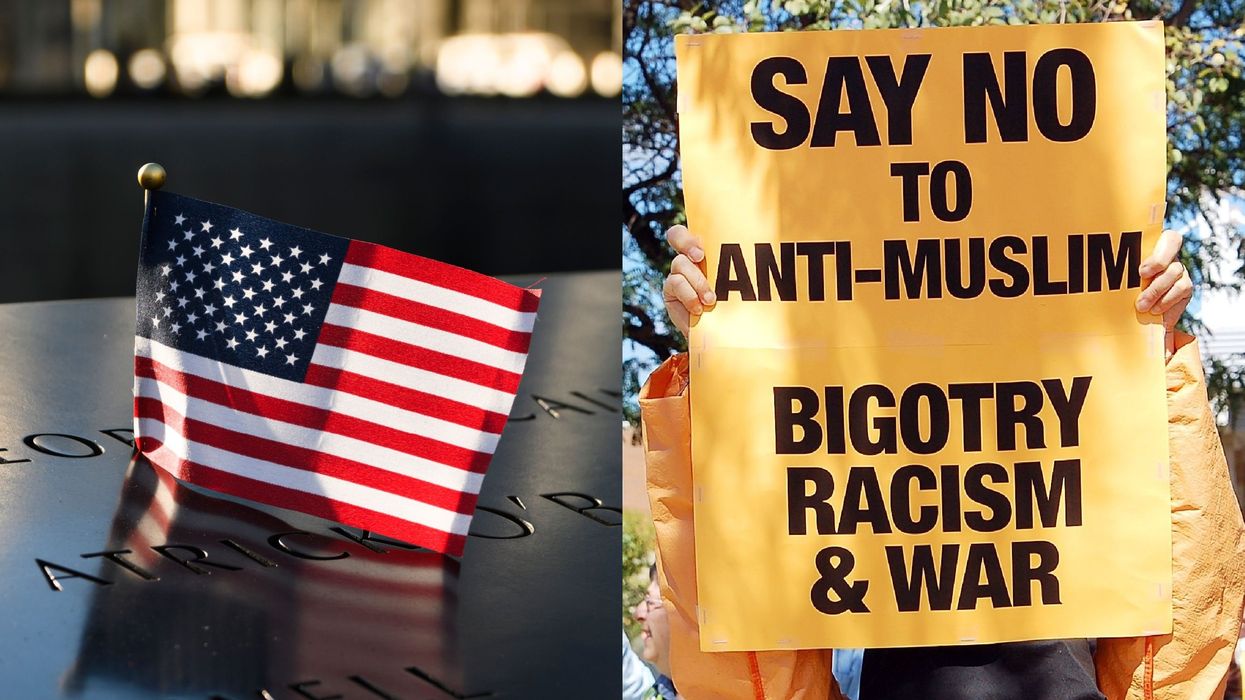Several lawmakers have put forth a Congressional resolution condemning xenophobia and racism targeting South Asian, Sikh, Arab, Muslim, and Middle Eastern communities following the September 11, 2001 terrorist attacks.
The resolution was introduced on Friday, just days ahead of the 22nd anniversary of the attacks. In a statement, Indian-American Congresswoman Pramila Jayapal invoked the cases of those whose lives were lost in the racially motivated murders in the aftermath of the initial tragedy.
9/11 22 YEARS LATER

"As we mark this tragic day, we must also reflect on the lasting damages faced by Arab, Muslim, Middle Eastern, South Asian, and Sikh communities in the aftermath,” she said. "The murders of Balbir Singh Sodhi, Waqar Hassan, and Adel Karas in the days following the attack were shocking displays of hatred."
The congresswoman continued: "Xenophobia and racism have no place in this country, and today we recognize the shared trauma that these communities faced as they experienced stigma, discrimination, and losses of liberty."
The resolution calls for the creation of a government task force to work with community-based organizations to review government policies that "continue to profile and unfairly target these communities." By investigating and documenting how certain legislation impacts the groups, the task force would ultimately aim to "dismantle" discriminatory polices.
The resolution also called for congressional hearings in partnership with civil rights bodies to examine the findings and recommendations of the task force, as well as for the Secretary of Health and Human Services, the National Institute of Health, and the National Science Foundation to study the impact of "hate, government targeting, political rhetoric, and profiling on physical and mental health."
Beyond addressing current polices, the resolution would also allocate resources support hate crime prevention and the needs of victims of hate and State violence, including language support, mental health, comprehensive support, system navigation, and crisis response and recovery. Lawmakers also recommended the creation of alternatives to law enforcement that are culturally and linguistically accessible.
“In the years since 9/11, our Arab, Muslim, Middle Eastern, South Asian, and Sikh communities have endured persistent racism, xenophobia, and discrimination," Congresswoman Rashida Tlaib said. "It’s long past time for our government to acknowledge the trauma it has and continues to inflict on our communities through the harmful policies, racial profiling, and unjust targeting of so many of our neighbors. The road to truth and reconciliation is long, but this resolution is the first step towards the justice and healing that our communities deserve.”



















































